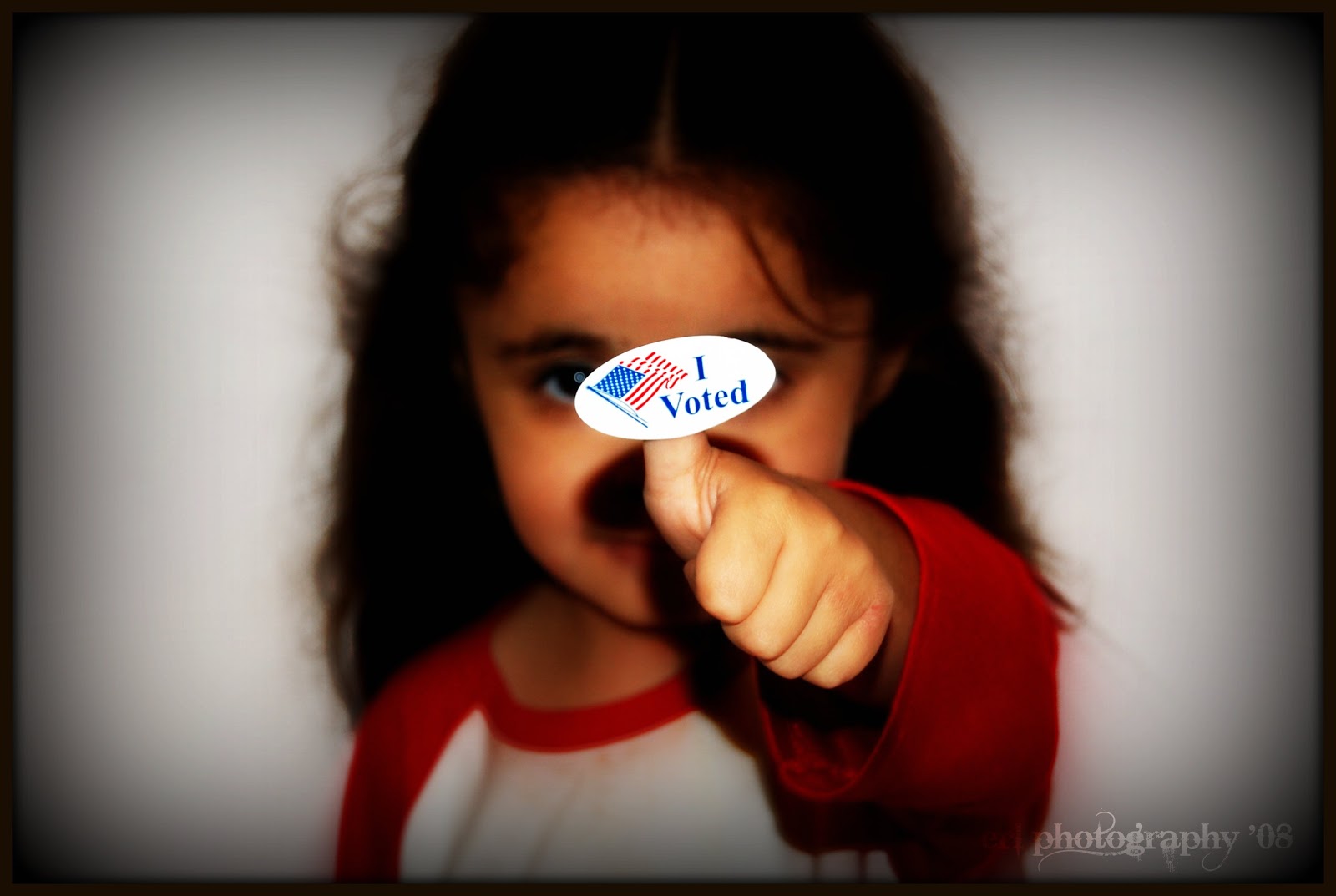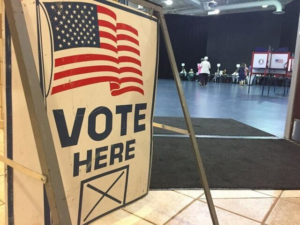
Sixteen-year-olds can go to work, be taxed, drop out of school, be tried as adults, and operate motor vehicles. It makes sense to give them the vote. Here are some common arguments against it that simply do not hold up:
“Young people do not know enough to vote intelligently.”
The results of the National Assessment of Educational Progress have been used to suggest that 16-year-olds are simply too ignorant to vote. That’s a dubious proposition, and also a dangerous one. The United States does not require prospective voters to pass a test — or at least it has not since the era when rigged tests were used to keep blacks from voting in the South.
And those who are old enough to vote don’t test much better on civics, anyway.
“The teen brain is not fully developed.”
Here’s another one that’s problematic on its face. The research used to back up this claim suggests that full brain development does not come until the early 20s. If it is to be used to argue against 16-year-olds voting, it should also be used to argue against 20-year-olds serving in the military. I have yet to hear that asserted.
This is also another “slippery slope” argument. Should there be a minimum I.Q. threshold to vote? Should those living with mental illness be disenfranchised?
“Young voters will just vote the way their parents vote.”
“Young voters will all just vote for the Democrats.”
These two arguments obviously contradict, since not everyone with a teenage child votes Democratic. So at most, only one can have merit. In fact, neither does.
There is no specific evidence to show that 16- and 17-year-olds would vote the same way their parents do — but there are data that indicate that the opposite might be true. Exit polls in 2012 found that 60% of voters age 18-24 voted to re-elect President Obama, while just 47% of voters of their parents’ generation did. So clearly, young voters think for themselves.
While in this instance, younger voters did lean more towards the Democrats, other data show that the argument that lowering the voting age would be a boon to that party is not a solid one. Surveys on likely voters in advance of the 2014 midterm elections showed little difference between younger voters and the electorate as a whole — and actually showed Republicans with an advantage.
The presidential election after the voting age was lowered from 21 to 18 saw the biggest Republican landslide in history, and the GOP would easily win three of the four next ones. Clearly lowering the voting age did not usher in a Democratic age.






i think the fact that adults who have been declared senile by a court are still allowed to vote proves all cases against young people voting are disengenous